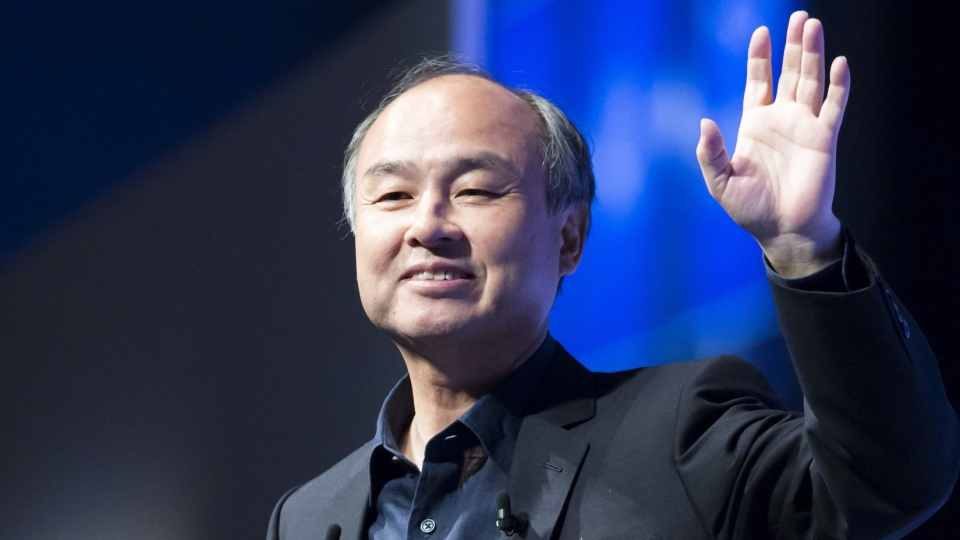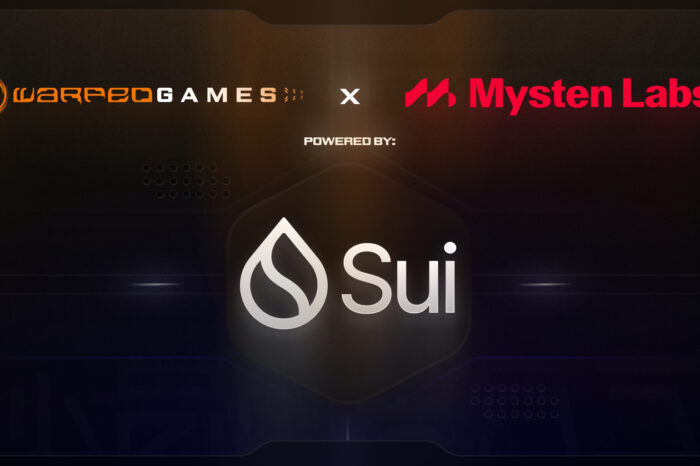SoftBank delivers blowout quarter as Vision Fund gains $3.96 billion amid bold AI pivot and high-stakes tech bets

Earlier this year, SoftBank made a $1 billion bet on artificial intelligence (AI), teaming up with Nvidia to secure specialized chips for training complex AI models. Just a few months later, the investment appears to be paying off
On Tuesday, SoftBank announced standout quarterly gains for its Vision Fund. For the second quarter ending Sept. 30, SoftBank reported a 608.5 billion yen ($3.96 billion) boost to its Vision Fund, marking a significant quarterly increase after returning to profitability in June.
This recovery is a major milestone for SoftBank, following a challenging period marked by billions in losses due to WeWork’s bankruptcy. A year ago, SoftBank posted a $5.2 billion quarterly loss, its fourth consecutive negative quarter. The setback stemmed largely from WeWork’s collapse, a once high-profile investment that ultimately fell short.
The broader Vision Fund segment, which includes administrative costs and gains and losses from third-party investments, reported a 373.1 billion yen gain after posting a 204.3 billion yen loss in the previous fiscal quarter.
SoftBank credited much of this uptick to increased valuations within Vision Fund 1, citing gains from e-commerce company Coupang, Chinese ride-hailing giant Didi Global, and Bytedance. Vision Fund 2, however, took a hit with a net loss of 232.6 billion yen, reflecting dips in shares of companies like Norway’s AutoStore and U.S.-based Symbotic.
The Vision Fund also benefitted from the September 2023 IPO of Arm Holdings, a smartphone chip designer in which SoftBank holds a significant stake of around 90%, CNBC reported.
Masayoshi Son’s tech conglomerate has seen its share of bold and controversial investments over the years, many of which faced significant challenges or sharp declines in valuation. Now, SoftBank is positioning itself as a central player in the AI industry, where companies like Nvidia are thriving amid booming demand for advanced chips and GPUs for data centers.
An early backer of Yahoo! and Alibaba, Son is calling Nvidia, valued at $3.57 trillion, “undervalued,” and projects that AI will reach a level of intelligence 10,000 times greater than humans within the next decade. Media reports from late September indicated that SoftBank plans to invest $500 million in OpenAI’s latest funding round.
Overall, SoftBank’s net sales climbed 6% to 1.77 trillion yen, buoyed by investment gains of 1.28 trillion yen from Alibaba and 566.2 billion yen from T-Mobile stock.
SoftBank’s Tokyo-listed shares are up about 50% for the year as of Tuesday morning, with the company releasing its latest quarterly results after the Japanese stock market closed.
Meanwhile, SoftBank is facing pressure from activist investor Elliott Management, which holds a $2 billion stake in the company and advocated for a $15 billion share buyback, as CNBC reported in June. In August, SoftBank announced plans to buy back 6.8% of its shares, totaling 500 billion yen ($3.25 billion), and as of Tuesday, it had repurchased 153.8 billion yen worth of shares by the end of the second quarter.
Japanese companies grappled with significant market swings over the summer, fueled by a sharply rising yen and an August sell-off of risk assets. Markets have since stabilized, as Japan continues to shift away from ultra-low interest rates. Barclays analysts suggest that the nation’s economic path remains uncertain.
“This volatility is likely to continue. Wage growth, particularly in the service sector, is moving in line with the BOJ’s expectations, leading many to anticipate another interest rate hike in December 2024 or January 2025,” they noted on Nov. 8.
Founded in 1981, SoftBank has emerged as a global powerhouse with significant stakes in companies such as Arm Holdings, Alibaba, Uber, and many others. Masayoshi Son’s latest venture, Project Izanagi, signifies the company’s relentless pursuit of innovation and its ambition to shape the future of technology.




